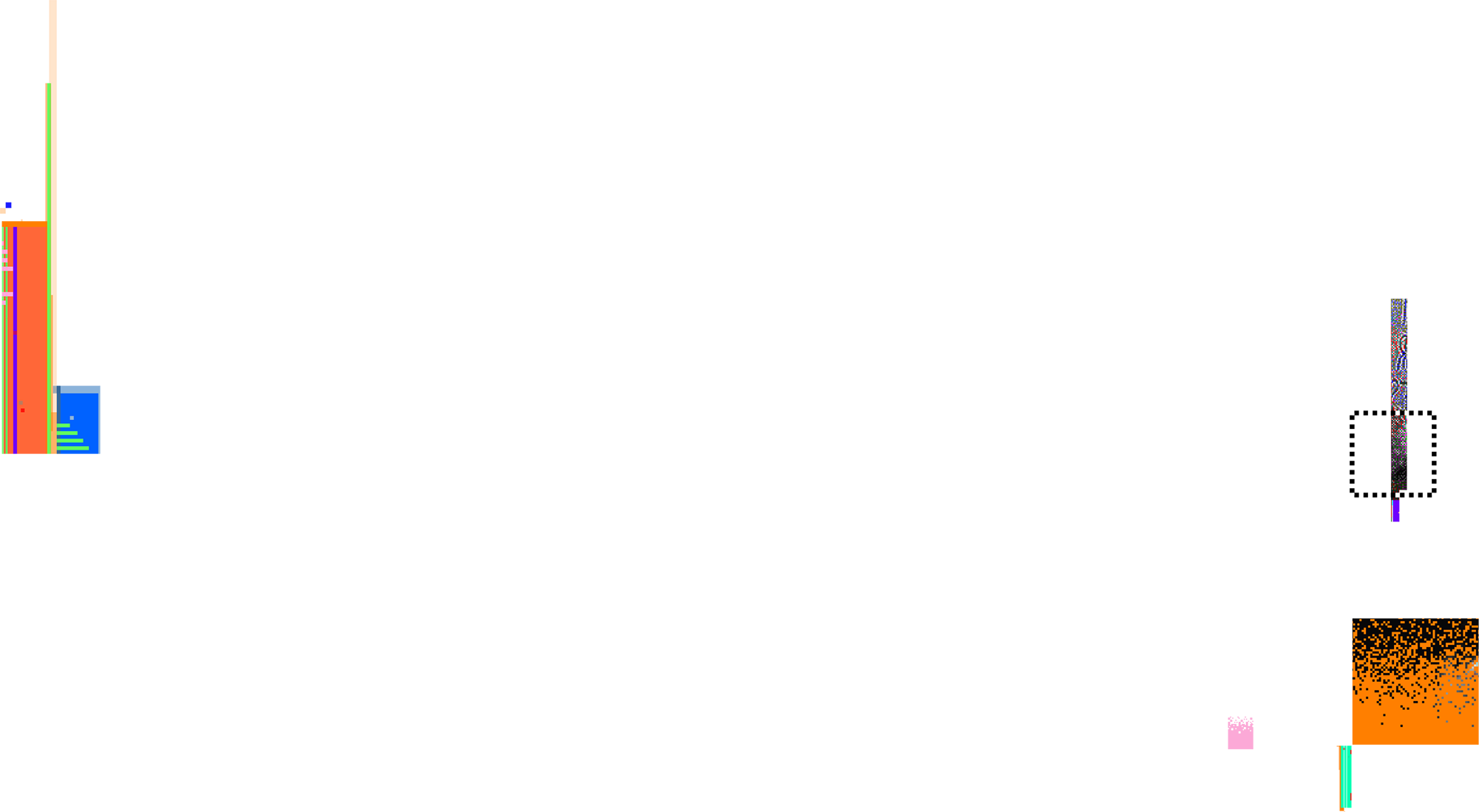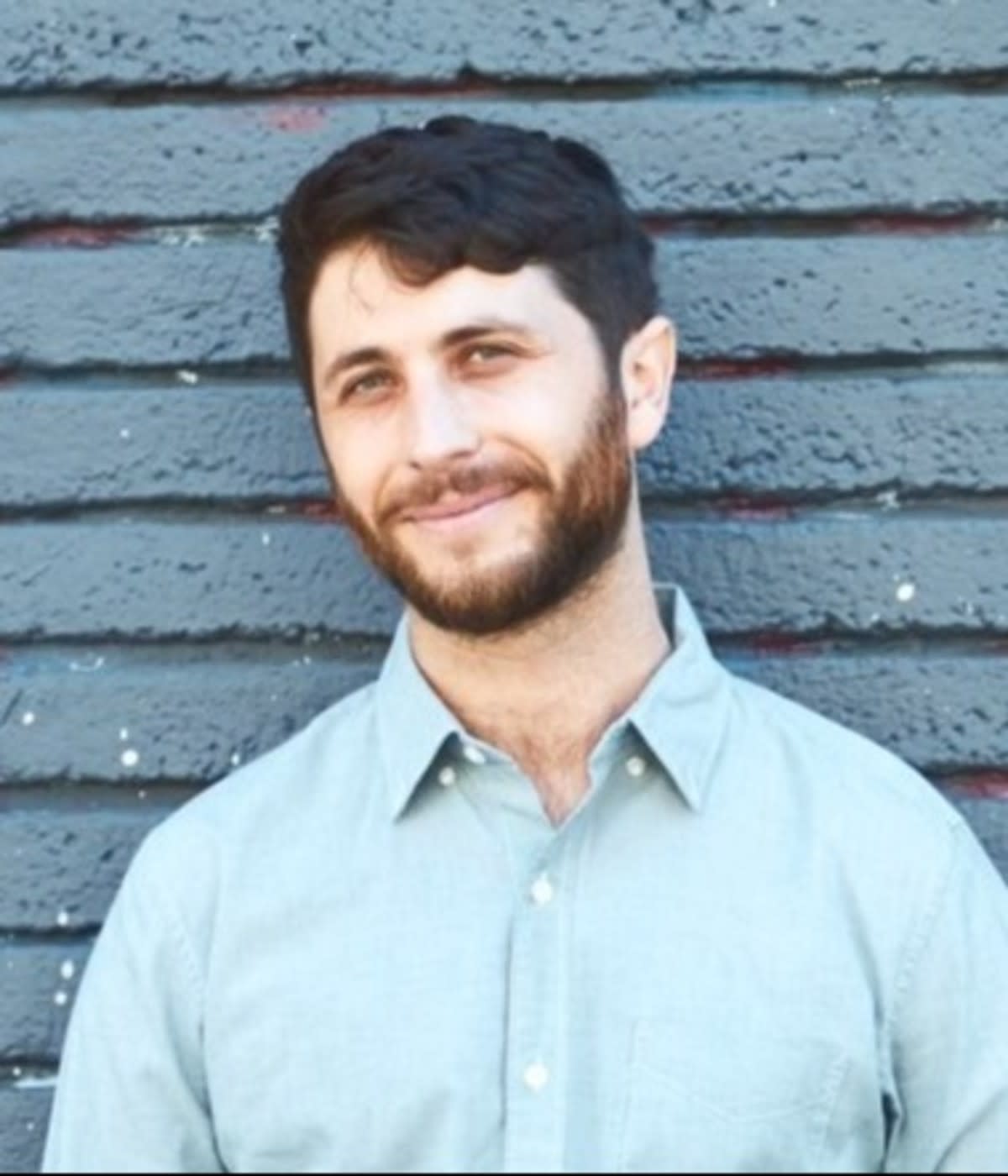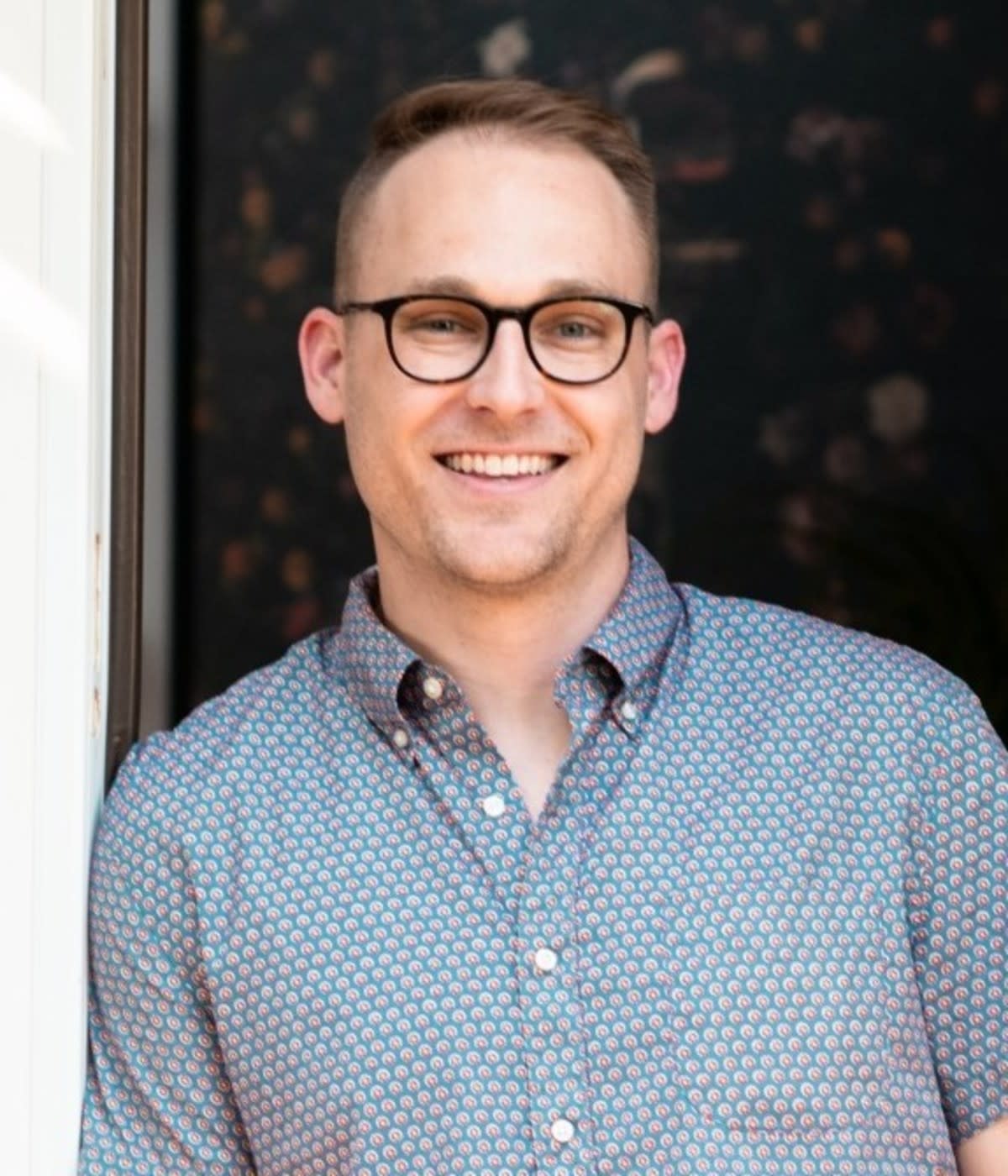Also in Guides
Get your first software developer job
When I was in 8th grade, I overheard a neighbor say, “Check out my website” on my way home from school. I didn’t realize having your own website was even possible, or know anyone in tech, but immediately looked up how to make my own.
I’ve loved coding ever since. I majored in computer science, but I didn’t want to just code. Over the course of my career, the relationships I’ve built and opportunities I’ve had as a result of those relationships—and from people writing tutorial blog posts and other invaluable resources—have been incredible. It’s such a big deal, and I don’t know if I’ll ever be able to pay those people back.
In every single job I’ve had, I’ve done some element of speaking, writing, or creating content. Even when it’s not the main part of my job, I try to make it happen because it’s important to me to be able to give back to a community that’s given so much to me.
A mentor once told me, “Lift as you climb”: As you move up in the tech industry, lift people along with you. They’ll fill in the gaps you leave behind, and the industry is so much better when everybody gives back. You get a lot by giving.
Turning to the community and building relationships

I didn’t even know that there weren’t a lot of women in tech until my first AP computer science class. Our teacher walked up in front of the classroom and the first thing he said was, “Well, as you can see, we have a girl this year,” and it totally set the tone. When I told classmates I was going to major in computer science, I’d often hear back, “huh, girls don’t really do that.”
In college, I was often either the only woman or one of a few in all my classes. My sister, Cami, majored in computer science as well, and she and I have had our fair share of bad experiences. We’ve heard, “You only got that job because you’re a girl,” or, “You only do well in these courses because teachers give you slack.” At work, men have been inappropriate, or we’ve had to call certain things out for ourselves, or for other women or non-binary people being marginalized.
It’s stressful to be a woman on the internet, sure, especially in a very male-dominated field. It’s getting better, and there are many resources available now that I would’ve loved when I was growing up. I won’t say it’s been a walk in the park, but it’s been better than what many other people have experienced. There have been lots of pros with the cons, and it’s something I’ve really learned and grown from over time. I wouldn’t trade it for anything—because at the end of the day, I’m not leaving this industry. I like it too much.
In college, I started networking more, going to events, doing internships, and building relationships. If you have a community around you, they can lift you up in ways you can’t imagine. You can help lift them, too. Community is such a core aspect of the tech industry, but it’s underutilized. For a person to be successful, it’s vital to find the balance of building relationships and giving back.
One of the ways I give back is my newsletter, which is kind of like a blog post for your inbox. It had fewer than 100 subscribers for a very long time, but then people started sharing it, and now we’re up to almost 14,000. It’s so valuable for me because I actually read the articles that I’ve put off in neglected tabs, keeps me sharp on technical interview questions… and lets me share some humor as well. Quite often, people respond directly, and it’s led to a lot of organic opportunities, relationships, and community building.
It’s proof that communities happen anywhere. During the pandemic, a lot of my relationships have been on Discord. It’s just chatting—sometimes about code, sometimes video games. I’ve also been involved in lots of relationships on Slack and Twitter and Facebook. I’ve made so many friends from people just being like, “I really related to this and I appreciate it.”
I personally prefer this community-driven approach, as opposed to thought leadership. I want the work that I do to be more about the topics and the learning, and less about me as a person. If I were to leave the internet at some point, the community would still be there learning.
An introvert’s road to public speaking
In college, I spoke to high school students about what it was like to major in computer science. I also started writing for the university blog, for $7 a post, three times a week. The posts were often silly, like “What’s in my backpack?” and “What’s my schedule like?” but between that and speaking, I got more comfortable with all of it.

I might come across as being confident and extroverted, but the secret is… I’m kind of faking it. I’m definitely an introvert! If you told my younger self she’d be giving talks for a living, she wouldn’t believe you. Some of the best speakers I know are introverts. The key is, when you’re speaking at a conference, you don’t have to worry much about small talk afterwards. It’s a great way to ease into social situations because it’s a built-in conversation starter. Everyone just wants to chat about your topic.
I can go deep on code demos, but I get nervous when it’s not technical. I gave a talk on how to be funny at one point, and I was so nervous compared to other (much more serious) talks! I’m not sure why it is, but in the end, practice makes perfect. Giving a talk multiple times is really helpful in that regard. I try to encourage that because it’s easy to have imposter syndrome, but you don’t have to be an expert to give a talk on something.
Often, people don’t know what to talk about, or think all the “good talks” are taken. But you never know when your way of presenting something will be what makes it click with someone else. Some of my talks are silly, some are hard and technical. Your voice could inspire someone to take the next step. So it’s always absolutely worth it to give that talk—both for the people listening to it, and also for yourself. You get that experience and can refine it for next time.
I have a repo where I put the slides for all my conference talks, including notes about what to consider when delivering a session, as well as my speaker rider (which is sort of like a code of conduct for myself). I want it to be useful for other speakers, as well. When others read it, they can know they should be asking for good compensation, and to confirm that there’s a code of conduct, and diverse lineup of speakers at their own conferences.
Being able to teach someone how something works is a very good way to understand it deeply yourself, while giving back. I don’t necessarily get energy from speaking and interacting with people, but I do get energy from seeing people learn. It’s so satisfying and exciting to witness, and makes any social anxiety worth it.
It’s cheesy, but a big thing for me is helping people be the best that they can be. Whether it’s by coding more efficiently or landing a better job, it’s about getting them to that next step. That’s my main driver for all of this. Once they have that “aha” moment, it’s awesome. Then I can kick them out of the nest and watch them fly off.

Cassidy’s superpower: Keeping things light
Tech is a very serious industry, and the code we write affects thousands, if not millions, of people. The optimizations we make for computers to go faster involves a lot of deep thinking, and we all have similar problems. Stack Overflow exists because people have the same questions over and over, and we can learn from each other’s questions.
Because we all experience many of the same things, it’s fun to make light of situations. Laughing and making jokes might be my superpower. Every single developer has had their code work on the first try and thought, “That is impossible. Something is wrong.” Being able to laugh about that kind of stuff brings people together.
Two years ago, I listened to a talk about how failures propagate through systems. It’s a very serious topic, but the speaker, Hayley Denbraver, pretended she was doing the postmortem for Jurassic Park. She’d say, “The dinosaurs have gotten out. We’re going to need to deal with this.” It was almost like a sketch but we learned so much, and I still remember it to this day (which is rare for conference talks)!
American computer scientist and U.S. Navy rear admiral Grace Hopper said, “conventional solutions are not the only solutions,” and that’s especially true in tech. Every single time someone has approached learning in a clever way like that, it’s relatable and memorable. Humanizing tech workers is a good thing to do in general, because it reminds us there are real people behind the sites.

Making open source as accessible as possible
People are intimidated to contribute to open source because they’re afraid their code will be bad, something won’t work, they’ll be called out somehow, or they’re not sure where to start. I’d suggest starting by going through issues, adding tags, or commenting, “Yes, this is a real bug. I can reproduce it.” Sometimes helping with issues is the most valuable support. You don’t have to be writing code, tests, or documentation. Over time, you can learn the code base and become a maintainer. This happens constantly: Just start small and grow.
For existing maintainers and those wanting to expand their communities, it’s important to provide non-intimidating avenues for people to contribute. Whether it’s tagging things as “Good first issue” or “Help needed,” making announcements, or being transparent about processes, opening those doors helps both your projects and the community.
When I was the Director of Developer Experience at Netlify, my small team tried to make the developer experience for our platform the best it could be. For example, if we thought there are framework authors that need more credit, we would sponsor GitHub orgs. We also started to use Flossbank, which lets you sponsor various GitHub repos and npm packages via the command line (when you install something, an ad shows up and the revenue goes toward the maintainers).
For companies using open source software, it’s a lot cheaper to support open source than it is to hire a developer. So, that being said, you should contribute in some way, whether financially, or with time. I want to emphasize and encourage giving back because it’s easy to get demoralized and cynical about tech. It’s a serious industry and there are a lot of tough parts. But if we continue pushing to make it a better place, even if it’s just for a handful of people, we can make a solid impact. I’m human. I’ve made mistakes trying to help people. But you learn so much, and people are able to grow because you gave back–and that’s absolutely worth it.






